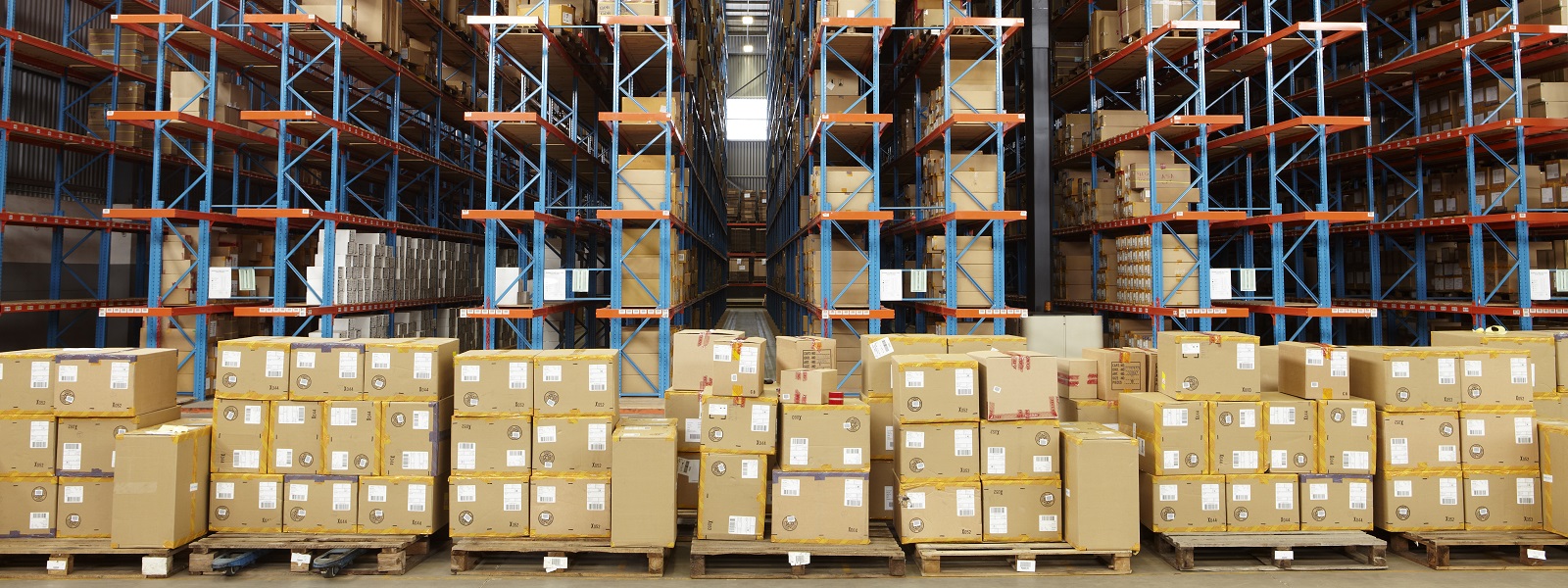German M&A has been negatively impacted by an array of market forces sweeping across Europe, including persistent inflation, a restrictive financing climate, geopolitical conflict, and sluggish economic growth.
In line with the overall European trend, dealmaking targeting German firms slowed in H1 2023. A total of US$36.7 billion was spent across 691 deals during this time, representing declines of 17.2 percent in value and 13.6 percent in volume, compared to the same period in 2022.
Clean energy drive sparks deals
Traditionally active sectors such as industrials and chemicals (I&C), however, contributed a steady flow of deals that amounted to the highest aggregate value across all industries in H1. Buyers spent US$19.3 billion targeting German I&C assets, an amount that already represents 97 percent of the total deal value generated by the sector in Germany in all of 2022.
Dealmaking in this space has also been particularly active in terms of volume, with 152 deals announced in H1. If things continue on this trajectory, deal volume for the sector looks set to post a ten-year annual high.
Europe’s clean energy transition has been a key driver of this activity, with international buyers looking for a piece of the action. Indeed, the largest deal targeting a German company in H1 was by US-based Carrier Global, in its €12 billion purchase of Viessmann Climate Solutions. Carrier, a provider of heating, ventilation and air conditioning solutions, will use the acquisition to expand its services to include more climate-friendly solutions, such as heat pumps.
Another deal illustrating the international appeal of German assets is Singaporean sovereign wealth fund GIC’s purchase of a 20 percent stake in industrial gas specialist Messer for €2 billion. Messer has used the proceeds to become the sole owner of its joint venture, Messer Industries, acquiring all shares from previous minority owner CVC Capital Partners Fund VII.
The investment will enable GIC to seek benefit from long-term opportunities offered by the global energy transition.
EV industry holds global appeal
The German automotive industry continues to be a hot subsector within industrials and chemicals, catching the eye of international buyers over the course of H1. One such deal was India-based Motherson’s purchase of auto parts maker SAS Autosystemtechnik. The deal, valued at €540 million, will see the automotive supplier expand its presence in Germany’s high-growth electric vehicle industry.
Taiwanese electronics manufacturer Foxconn is likewise looking to gain a foothold in Germany’s lucrative EV sector, through its acquisition of a 50 percent stake in local auto supplier ZF Chassis. Post-deal, the companies will form a joint venture to pool their expertise to expand their product offerings in the EV market.
Germany’s EV sector is on a strong growth trajectory, projected to be worth US$103.4 billion by 2028, according to research firm Statista. This is welcome news, since the country’s automotive sector has been hit hard by supply-chain disruption in recent years, and sales remain below pre-pandemic levels.
The industry is on the road to recovery, though, with backlog fulfilment and improved supply boosting battery-electric’s market share of new car sales to 20 percent as of July 2023, overtaking diesel’s 17.5 percent.
Energy transition powers dealmaking
Dealmaking in Germany’s energy subsector has been gathering momentum on the back of the region’s energy transition. With a total of 50 deals announced, M&A activity reached a five-year high in 2022. Through the first half of this year, meanwhile, 26 deals worth US$2.1 billion were announced.
The largest such deal was the acquisition, by Belgian energy infrastructure group Fluxys, of Macquarie Asset Management’s 24 percent stake in Open Grid Europe, Germany’s largest transmission system operator. Following the deal, Fluxys will develop cross-border hydrogen and CO2 infrastructure to support Germany’s energy transition.
Meanwhile, government targets to reach 40 gigawatts of offshore wind power capacity by 2035, and 70 gigawatts by 2045, will necessitate an influx of investment in the sector.
Global businesses are already rising to the challenge. In late July, Spanish multinational Iberdrola and Abu Dhabi-based clean energy company Masdar signed a strategic partnership to co-develop the Baltic Eagle offshore wind farm, located in the German Baltic Sea.
Currently under construction, the project will comprise 50 Vestas 9.5-megawatt wind turbines that will supply electricity to around half a million homes.
PE firms compete for German assets
While overall private equity activity targeting German assets has dropped in response to challenging financing conditions, international players have continued to snap up deals when the opportunity is right. Global PE groups, which remain dominant at the top end of the market, participated in two of the three biggest deals targeting German businesses in H1 2023.
The largest was US-based Silver Lake’s €2.6 billion bid to take full ownership of Software AG. The PE firm, which intends to delist the software developer following the deal, beat off competition from Rocket Software, a Software AG competitor, to secure the transaction.
UK buyout firm Cinven has also been active, making a €2.2 billion non-binding offer for laboratory equipment producer Synlab in Germany’s third-largest deal of H1. While demand for testing facilities spiked during the pandemic, a post-crisis drop in demand has left diagnostics firms in need of investment. Synlab’s own stock has dropped an estimated 70 percent since 2021.
A brighter outlook?
While high inflation has stifled consumption and business growth in Germany this year, there are signs that the world’s fourth-largest economy could be on the road to recovery.
As the economy adjusts to the energy price shock created by the war in Ukraine, GDP growth is expected to reach 1.1 percent in 2024 after contracting by 0.4 percent in 2023, according to forecasts by the European Commission. Inflation is projected to ease from 6.4 percent in 2023 to 2.8 percent in 2024, largely reflecting falling energy costs. These indicators suggest that dealmaking in Germany could be headed for brighter times.





